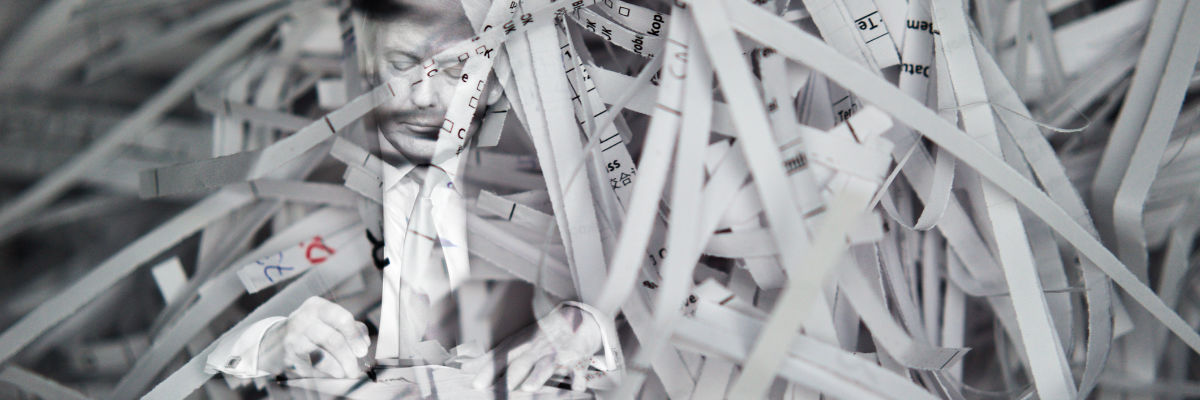How does the industry make buyers feel “special” about a mass-produced product—above direct-to-order and below toilet paper?
This question arises along the lines of Andreas Reckwitz’s thesis, which he develops in his book “The Society of Singularities” and which many marketing departments take to heart: the standardization of the general, pursued in the 20th century, is no longer attractive, but rather the special, unique and authentic. Goods, services, and experiences are increasingly judged by their uniqueness rather than functionality.
I found one possible answer the other day when I bought a record. The classic black vinyl version almost seems like the real rarity – among all the colored, transparent, speckled, or hand-numbered editions. Paradoxically, exclusivity is no longer the result of scarcity but is multiplied across the board by producing countless “limited” versions.
“Endless Rüttenscheid” by International Music, for example, is available in 4 editions: An orange one, signed directly by the band. The small, well-known record store Flight 13 offers a yellow edition, the bigger but still subcultural retailer HHV a purple one, and finally, the mainstream store JPC sells the transparent version. And in global pop, e.g. Lana Del Rey’s “Did You Know That There’s A Tunnel Under Ocean Blvd” or Tyler, The Creators’ “Igor”, the number of editions and cover variants is almost impossible to keep track of.
A Limited Edition is, therefore, both a signal and a smokescreen. It signals scarcity – but you can’t tell that it is limited. The existence of further editions counteracts the claim of scarcity and challenges its singularity. For the hunters of the unique object, a good deal of uncertainty arises: who can say which edition will turn out to be the “most important”?
I don’t know whether and how successful this strategy is economically, but its frequent occurrence suggests it is. The serial production of singularities increases the number of incentives to buy by offering more of something special. The special multiplies without losing its status.
Culturally, the possibilities for individualization are both increased and relativized. Among connoisseurs, however, the black standard version may be seen as a guarantee of distinction – by demonstratively refusing to play the game of limitation. But where and with whom could you flex with it?





